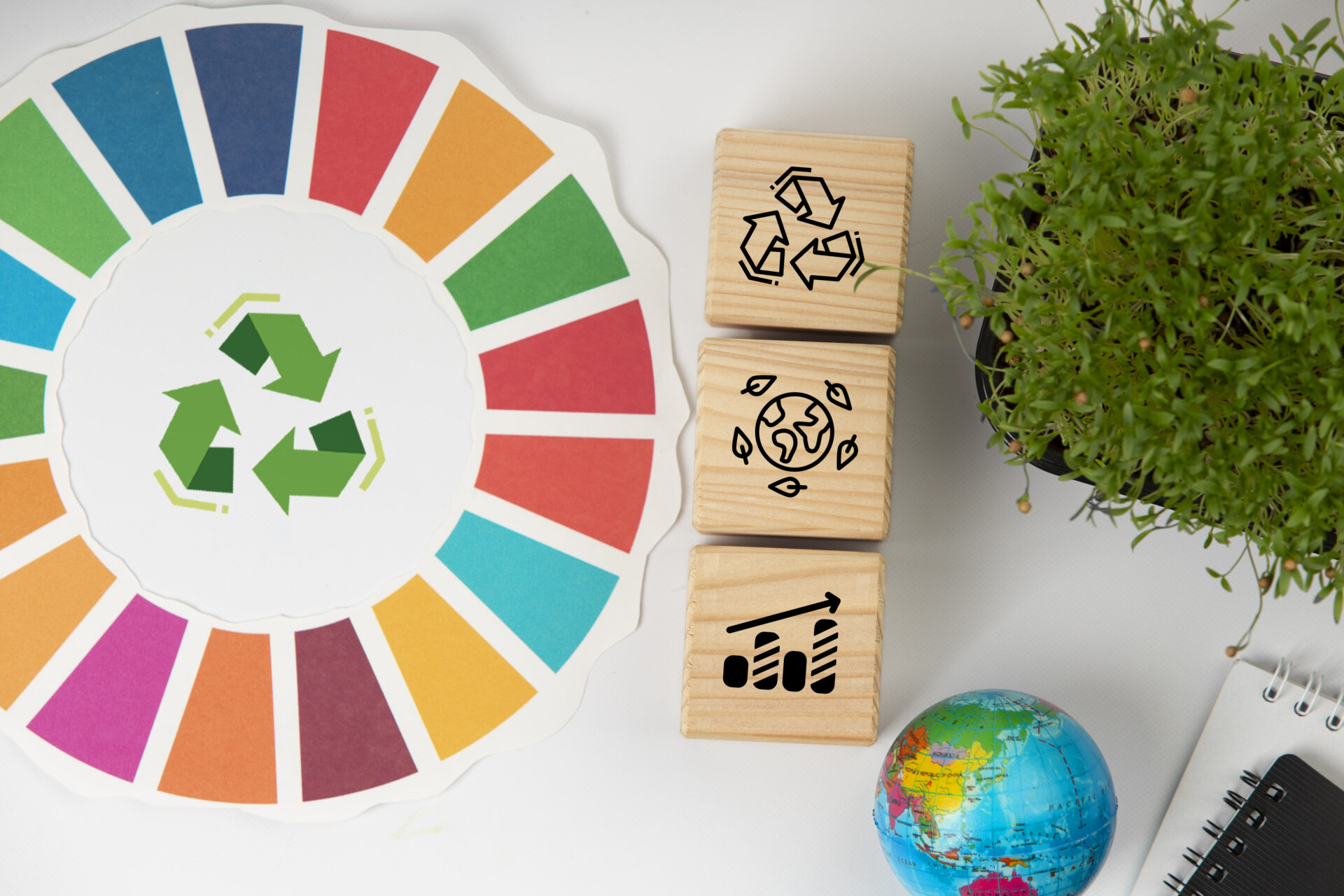The great reset architects openly promote top-down circular economy agenda a year after calling it disinformation: perspective
After referring to me as a “bad faith actor” for calling the circular economy a “top-down agenda,” the World Economic Forum (WEF) admits that the circular economy is a top-down agenda.
Shortly after I wrote that the circular economy was “a top-down agenda coming from unelected globalists looking to reshape the world in their image” in March 2022, the WEF’s former managing director Adrian Monck referred to me as a “bad faith actor” for my criticism of “the Forum’s coverage of the circular economy.”
“Bad faith actors have also targeted the Forum’s coverage of the circular economy (economic systems that aim to eliminate waste by reusing raw materials rather than disposing of them), decrying it as a ‘top-down agenda’ coming from ‘unelected globalists looking to reshape the world in their image’”
“How blog on ‘owning nothing and being happy’ became focus of disinformation campaign” by Adrian Monck, WEF, July 2022
Now, a joint report published by the WEF and Accenture outright admits that the circular economy is an “agenda” that “needs to come from the top.”
According to the report, “Climate Governance and the Circular Economy: A Primer for Boards:”
“Since board directors play a pivotal role in steering companies, they must be prepared to champion and drive the circular agenda […] Circular economy leadership needs to come from the top and extend company-wide”
“Climate Governance and the Circular Economy: A Primer for Boards;” WEF & Accenture; October 2023
When I wrote that the circular economy was a top-down agenda over a year ago, the unelected globalists accused me of being a bad faith actor spreading disinformation, but now they are confirming exactly what I claimed.
Want more proof that the circular economy is a top-down agenda?
The report makes it abundantly clear:
“Since the circular economy demands significant strategic transformation, the call to action must be sponsored at the top of the organization”
“Climate Governance and the Circular Economy: A Primer for Boards;” WEF & Accenture; October 2023
Still not convinced?
Here’s another example from the report:
“This systemic transition requires companies to embed circularity at all levels and functions throughout the organization. Starting from the top, there should be clear governance, leadership and accountability”
“Climate Governance and the Circular Economy: A Primer for Boards;” WEF & Accenture; October 2023
To add to the hypocrisy of the unelected globalists, the report claims that, “Consumers have expressed a clear preference for circularity, with 40% strongly considering values-driven attributes in their decision-making.”
However, the Accenture survey that the authors cite to make that claim does not once mention circularity or the circular economy; only that “people pick brands that embody their values.”
But why is the WEF and partners pushing the top-down circular economy agenda?
Perhaps the most obvious answer would be so you and I would own nothing while corporations keep us on a subscription service.
“Product as a Service: the customer purchases a service for a limited time while the provider maintains ownership of the product and remains incentivized for the product’s ongoing maintenance, durability, upgrade, and treatment at the end of its use”
“5 circular economy business models that offer a competitive advantage,” WEF, January 2022
The circular economy Product as a Service business model advocates for all products to become services, and that corporations maintain ownership of all products that you and I can only rent.
In fact, the WEF phrase, “You’ll Own Nothing. And You’ll Be Happy,” was inspired by the circular economy Product as a Service business model.
As Royal Philips Electronics CEO Frans Van Houten explained to the WEF in 2016:
“In circular economy business models, I would like products to come back to me as the original designer and manufacturer, and once you get your head around that notion, why would I actually sell you the product if you are primarily interested in the benefit of the product? Maybe I can stay the owner of the product and just sell you the benefit as a service”
Frans Van Houten, WEF, 2016
“Nearly half of CEOs (49%) are transitioning to circular business models to build supply chain resilience”
“Climate Governance and the Circular Economy: A Primer for Boards;” WEF & Accenture; October 2023
Apart from trying to convince corporations that circular business models would be profitable for them, the report says that the circular economy is also about modifying human behavior when it comes to how we travel, what clothes we wear, and which foods we can eat — all in the name of limiting “global warming.”
According to the report:
“The transition to renewable energy and the deployment of energy-efficiency measures only addresses 55% of the required reduction in greenhouse gas (GHG) emissions needed to meet the United Nations climate goal to limit global warming to 1.5°C, compared to pre-industrial levels.
“Changing how goods such as cars, clothes and food are produced and consumed is the key to tackling the remaining 45% of emissions. Circularity is a critical lever to drive this change.”
Circular economy business models risk creating a neofeudalistic, technocratic serfdom out of the ashes of the middle class, who like peasants and serfs, wouldn’t be able to buy things like houses, cars, and appliances, but rather lease them from their futuristic lords and vassals who would digitally track and trace every product they provided as a service.
A year ago, calling the circular economy a top-down agenda by unelected globalists was considered disinformation.
Now, that top-down agenda is being openly promoted.
Image by Freepik



